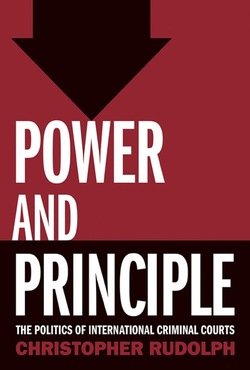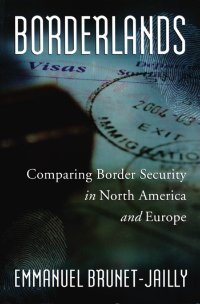By Conor Casey
This report considers the constitutional role of the Law Officers and defends the institutional status quo. The current configuration of the Attorney General (and Solicitor General), as a law officer with legal and political dimensions, works well. Moving to an alternative (apolitical, technocratic) model of Attorney General would risk excessive legalisation of policy and would reduce political accountability.
London: Policy Exchange, 2023. 29p.




